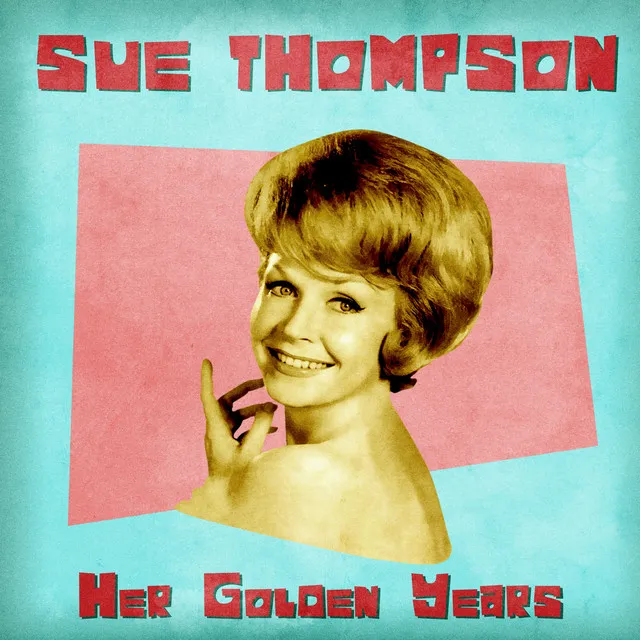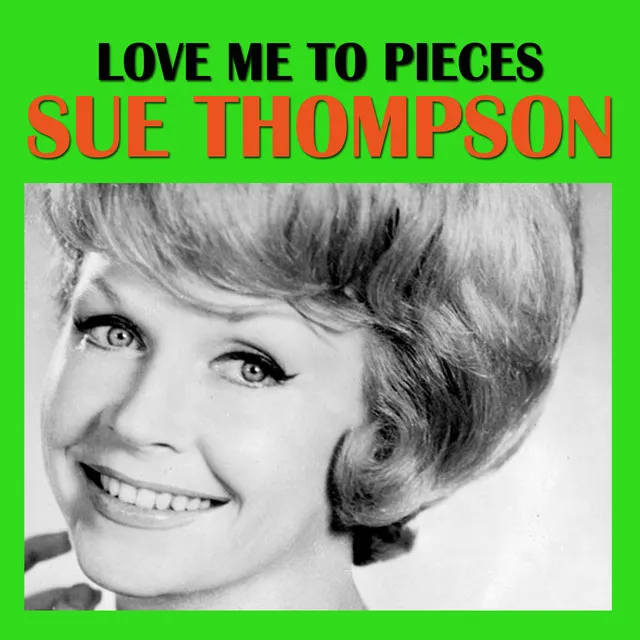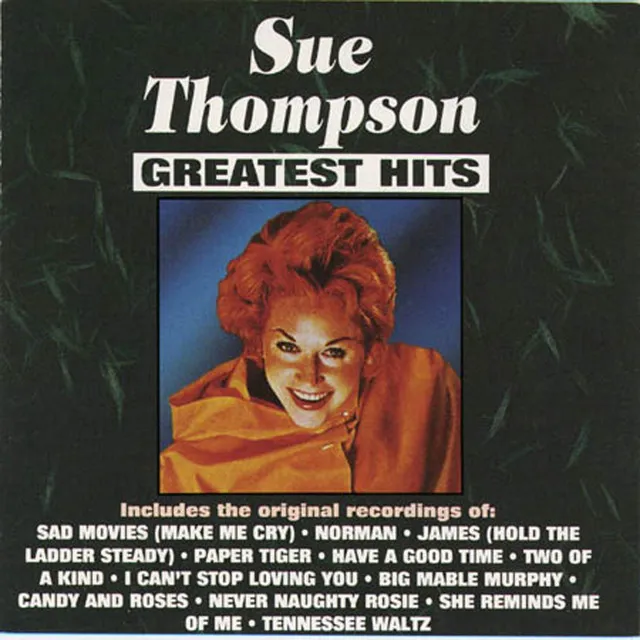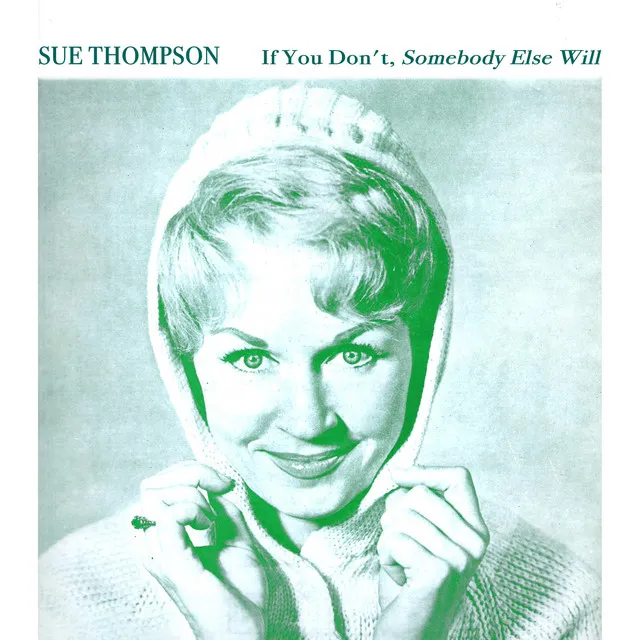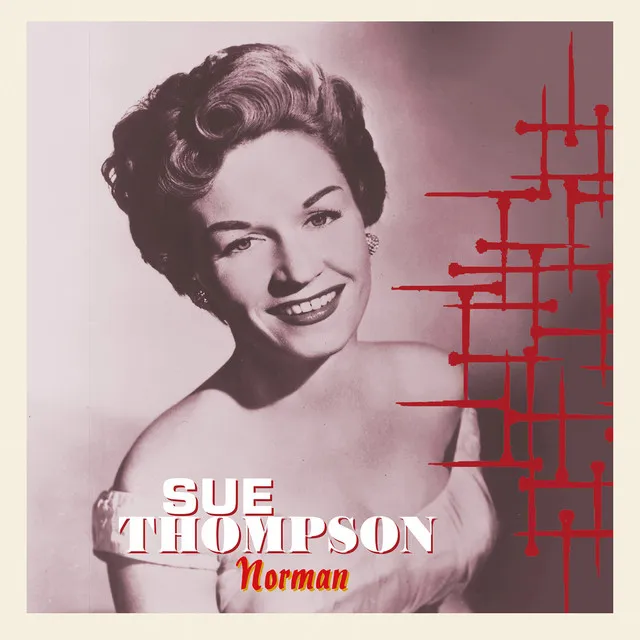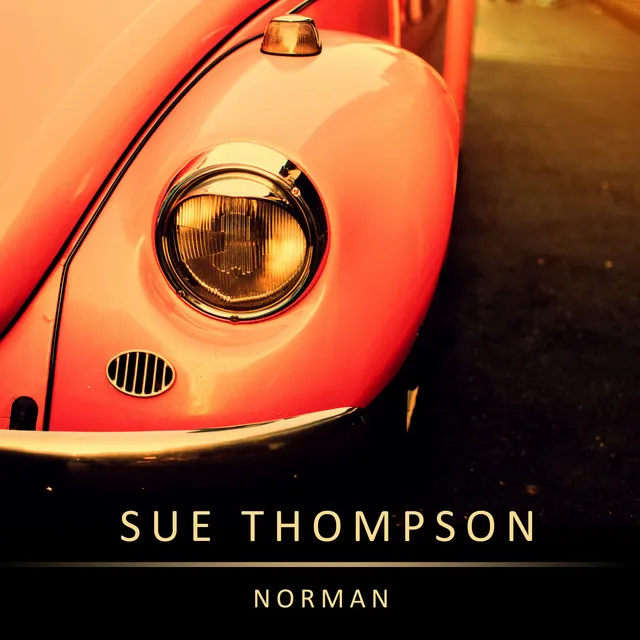Best known for her breathy, little-girl singing voice, Sue Thompson had several novelty pop hits in the early '60s before reinventing herself as a more mature country singer in the mid-'70s. Thompson was born Eva Sue McKee in Nevada, MO, in 1925 and was singing cowgirl songs and playing guitar on-stage by the age of seven. After her family moved to San Jose, she appeared on the local Hometown Hayride TV show during her teens. She worked in a defense plant during World War II, then married and had a daughter at age 20; however, the marriage lasted only three years, and she subsequently returned to performing in northern California clubs. Her winning performance at a San Jose talent contest caught the attention of singer Dude Martin, who was also a bandleader and radio/TV host. Martin invited her to join his band and became her husband not long after; the two recorded some duets, and "If You Want Some Lovin'" helped Thompson land her first solo deal with Mercury. Meanwhile, Martin added singer/comedian Hank Penny to his revue in 1952; within a year, Thompson divorced Martin and married Penny, and the two hosted a TV show in Los Angeles for two years before moving to Las Vegas to work the casinos. They recorded separately and together for Decca but failed to land any major hits.
Thompson signed with Hickory Records in 1960 and landed two Top Five pop hits the following year with the John D. Loudermilk-penned novelty tunes "Sad Movies (Make Me Cry)" and "Norman." Two more Loudermilk numbers, 1962's "James (Hold the Ladder Steady)" and 1965's "Paper Tiger," brought her further success. During this era, Thompson played effectively to the teen audience thanks to her cute, extremely young-sounding voice, despite the fact that she was pushing 40. She recorded sporadically through the remainder of the '60s, without finding similar success. In 1972, she teamed up with country singer Don Gibson for three duet albums over the next two years; some of their songs charted respectably, in particular "I Think They Call It Love" and "Oh, How Love Changes." Thompson also managed a few solo hits during this period, the biggest of which was "Big Mable Murphy." Her last chart single came in 1976 with "Never Naughty Rosie," and she subsequently concentrated on the Las Vegas casino circuit. She remarried once again and later moonlighted as an MC at North Hollywood's famed Palomino Club for a time. She settled in Las Vegas permanently and performed from time to time in the '90s. ~ Steve Huey, Rovi
